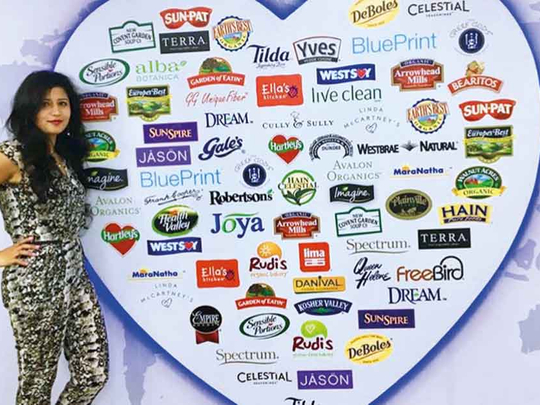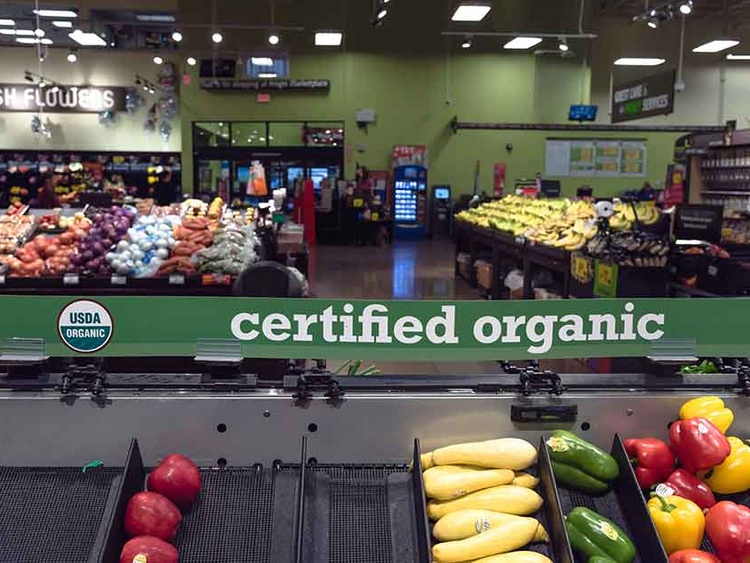
Around the world, consumer spending is seeing an ongoing slowdown and price sensitivity is forcing most retail groups to focus on competitive pricing and promotional strategies.
Interestingly, this applies to the UAE too. While consumers are becoming somewhat cost sensitive, they are at the same time becoming highly selective in their product preferences, comparing quality and price differentials across the board.
In the UAE, food is big business. It is the second-most significant consumer spending category in the country, with a share of about 14 per cent, according to statistics published by Dubai Chamber last year.
Popular trend
One of the biggest consumer food trends today is health. Notoriously fussy millennials are conscious of their well-being and are fast adapting a lifestyle to reflect this reality. American food brands have always done well in the UAE due to the number of Western expats, label recognition, and a general market belief in their high-quality production values. Now they are getting serious about healthy fare.
Five of the biggest US-based food companies in the UAE’s packaged food retail market are Pepsico, Mondelez, Kellogg, Kraft Heinz and General Mills — all household names. The combined retail market sales of these companies in the UAE grew by 13 per cent from 2015 to $1.28 billion (Dh4.7 million) in 2016, according to market research firm Euromonitor. The data producer attributes their growth to the strength of their flagship brands, which enjoy the largest market shares in their respective categories.
“While these brands belong to companies headquartered in the US, they are not just considered as US brands but as global brands with worldwide availability,” explained Euromonitor analyst Monique Naval. An example is Pepsico’s Lay’s, which is popular with both locals and expatriates. “With the long-standing presence and time-tested quality of the US brands in the country, these are expected to gain further market share in the forecast period from 2016-2021.”
Health factor
So far so good. But the big American food companies know the health factor is going to become more relevant than ever in the years to come.
Specialist food product company Hain Celestial Group, headquartered in New York, is a diverse player in the organic and natural foods arena. It now has a bouquet of Better-For-You snacks, which use high-quality, healthier ingredients with exotic tastes.
In the UAE it sells brands such as Terra Chips root vegetable chips, and Sensible Portions garden vegetable straws, produced with 30 per cent less fat than normal. Coming soon will be its organic baby food brand Earth’s Best, and plant-based milk brand Dream, as well as an organic tortilla chips brand, Garden of Eatin.
However, the pressing task, says Darsana Nair, Head of Sales IMEA at Hain Celestial — which sells its products in Spinneys, Carrefour, Choithram, Geant, the Cooperatives, and convenience channels such as the Eppco and Emarat outlets — will be convincing people they are the real deal. “The challenges lie primarily in communicating the real goodness of the products,” she says. “We wouldn’t be doing justice to this range if the unique selling points are not highlighted on the shop floor.
“We have seen great interest and better-than-anticipated offtake while running in-store sampling. So, it is all about letting the consumers know and creating awareness and trials.”
Nair says social media plays a key role in increasing awareness about natural, organic and gluten-free products. “Of course it only works if the excitement and promise is matched by the consumer experience.”
With the UAE’s population being largely expats, another key trend is food products geared towards millennial parents and their offspring.
Millennials are more conscious of food health than past generations, as well as more invested in finding food that delivers a new flavour or new take on healthy indulgences.
“Organic and natural food categories are growing faster than the rest of the groceries,” says Nair.
“In general, yesterday’s big foods brands and categories are either declining or stagnant.” Plenty of fat-free thought for US retailers.
Plenty of fat-free thought for US retailers.









